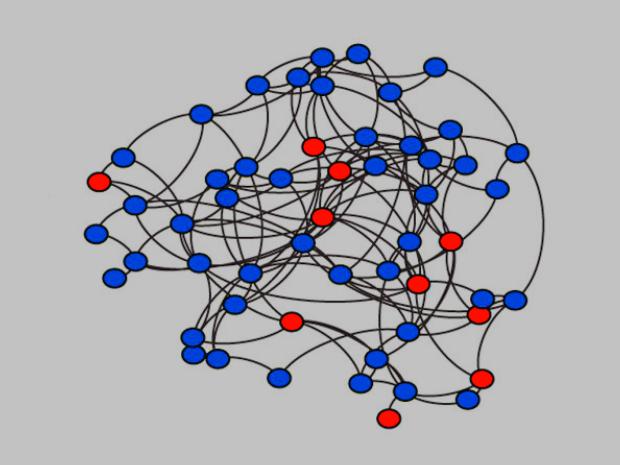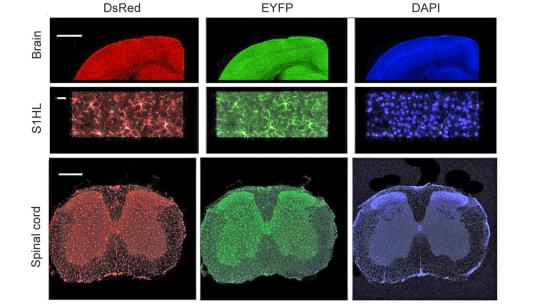Understanding and Controlling Pain

Speaker:
Jing Wang, MD/PhD
Associate Professor, Director, Interdisciplinary Pain Research Program
Vice Chair for Clinical and Translational Research, Departments of Anesthesiology
Perioperative Care & Pain Medicine and Neuroscience and Physiology
Abstract:
The human experience of pain is incredibly complex, and understanding how pain affects patients, and how best to manage it, is vital. Dr. Wang’s research interest is in general centered on the role of brain circuits in the regulation of acute and chronic pain. Of particular interest are the cortical mechanisms of pain processing and regulation. His group recently found that glutamatergic projections from the prefrontal cortex to the nucleus accumbens can modulate acute and persistent postoperative pain in rodent models. They are currently performing pre-clinical and clinical investigations of pharmacological agents that alter glutamate signaling such as ketamine in postoperative pain management. Another area of focus is the use of computational methods to decode pain in the brain and to implement a brain-machine interface (BMI) to treat pain in real-time. Dr. Jiang and his collaborators have successful decoded both the onset and intensity of acute pain in rodents using supervised and unsupervised machine learning algorithms, and they have constructed prototype BMIs to demonstrate its analgesic activities in rodents.
Dr. Wang received his BS degree in Biochemistry from Harvard University. Subsequently he entered the MD/PhD program at Columbia University in the City of New York and was awarded his PhD in 2004 and his MD 2008. He completed his medical residency training in the Department of Anesthesiology at the Columbia Presbyterian Medical Center, and thereafter was awarded a 1-year fellowship in pain management at the Johns Hopkins Hospital in Baltimore. In 2009 he joined the Department of Anesthesiology at NYU Langone Medical Center


